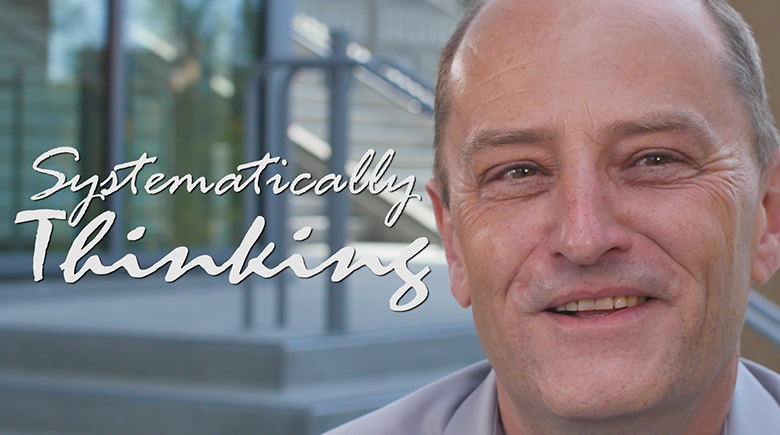Embedded Systems Engineering
Embedded systems range from microprocessor-based control systems to system-on-chip (SoC) design and device software development. Examples can be found in consumer electronics, medical devices, and commercial and military applications. The explosion of the Internet-of-Things (IoT) has multiplied the need for embedded system designers and programmers.
Understand embedded systems engineering as a synergistic function between hardware, firmware and software device design and development. Learn the essential concepts of development through a practical, hands-on approach utilizing industry design automation (EDA) tools and design kits.
Who Should Enroll
This program is designed for working professionals who are interested in transitioning into the embedded systems/system-on-chip (SoC) industry, including hardware/software engineers; computer engineers; communications and networking engineers; control systems engineers; and other technical professionals involved in embedded systems design and development.
Program Benefits
- Gain essential knowledge of embedded systems design and programming
- Learn how to program an embedded device
- Become proficient in programmable logic design and analysis
- Increase your understanding of real-time operating systems
- Explore the latest embedded technologies
- Utilize EDA tools to optimize embedded systems designs
Eligibility and Requirements
Apply to become a candidate for the program: A Declaration of Candidacy is required to establish candidacy in this program. Complete the application and pay the application and candidacy fee of $125 (non-refundable). Learn more about the benefits of becoming a candidate. Candidacy is not required to enroll into individual course in a program.
A candidate in the program is awarded a certificate upon the successful completion of 9 required and 6 elective credit units totaling 15 units, each with a letter grade of “C” or better. All requirements must be completed within five (5) years after the student enrolls in their first course. To receive the Certified Digital Certificate after completing all the program requirements, students must submit the Request for Certificate to initiate the certificate audit process. Students not pursuing the certificate are welcome to take as many individual courses as they wish.
Meet Our Graduate

Certificate
Approximate Tuition
$6,345Format
OnlineDuration
9-15 monthsTotal Units
15Enroll and pay for courses as you go.
Have Questions?
Talk to an enrollment coach
Call: (949) 824-5414
Monday - Friday, 9am - 4pm (Pacific)

Course Schedule
Course schedules are subject to change. Individual courses may be taken without enrolling in the full program.
Prerequisite Courses
Required Courses
Elective Courses
Career Advancement Network
DCE is proud to offer our learners, candidates and graduates valuable career resources, including personalized career coaching, mentorship, online technology tools, live webinars, and more.
Corporate Education
Partner with UC Irvine Continuing Education to bring this program to your team. Our Corporate Education team can help your employees gain the skills that matter most to your organization.


